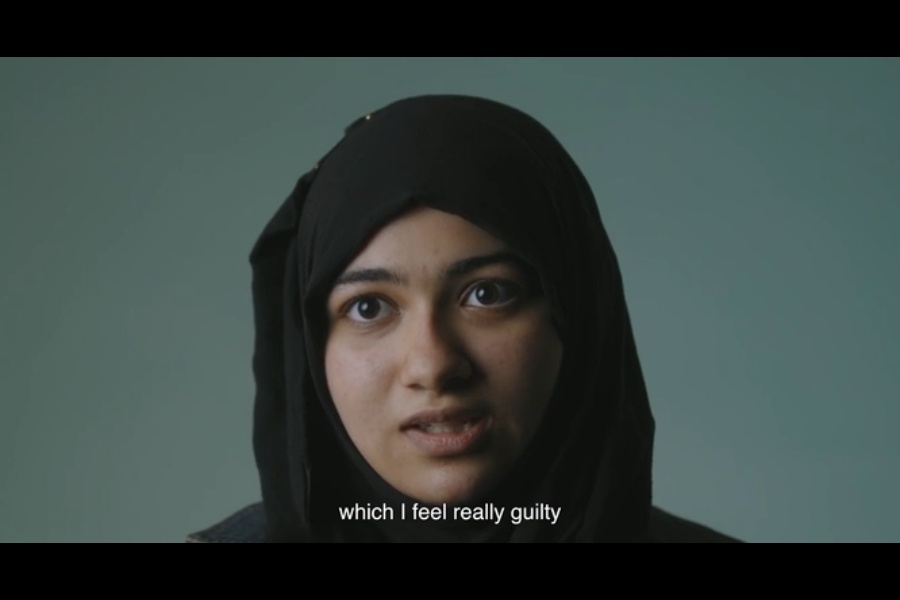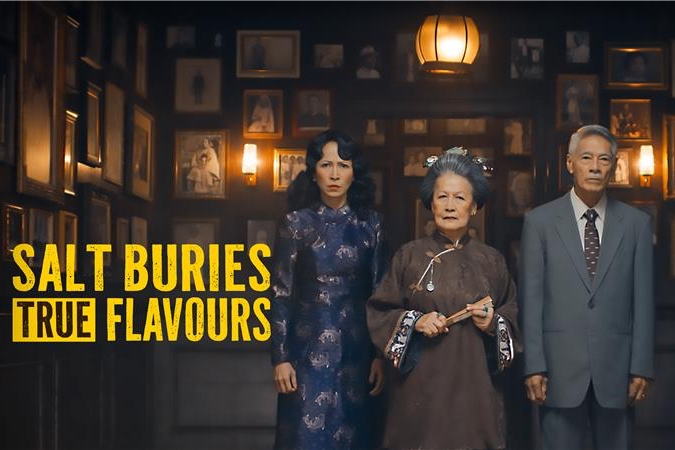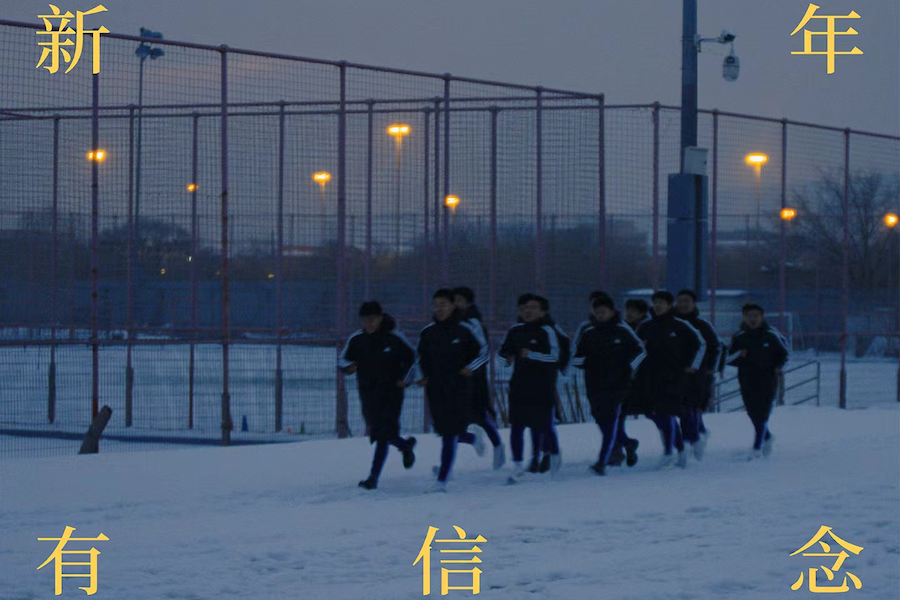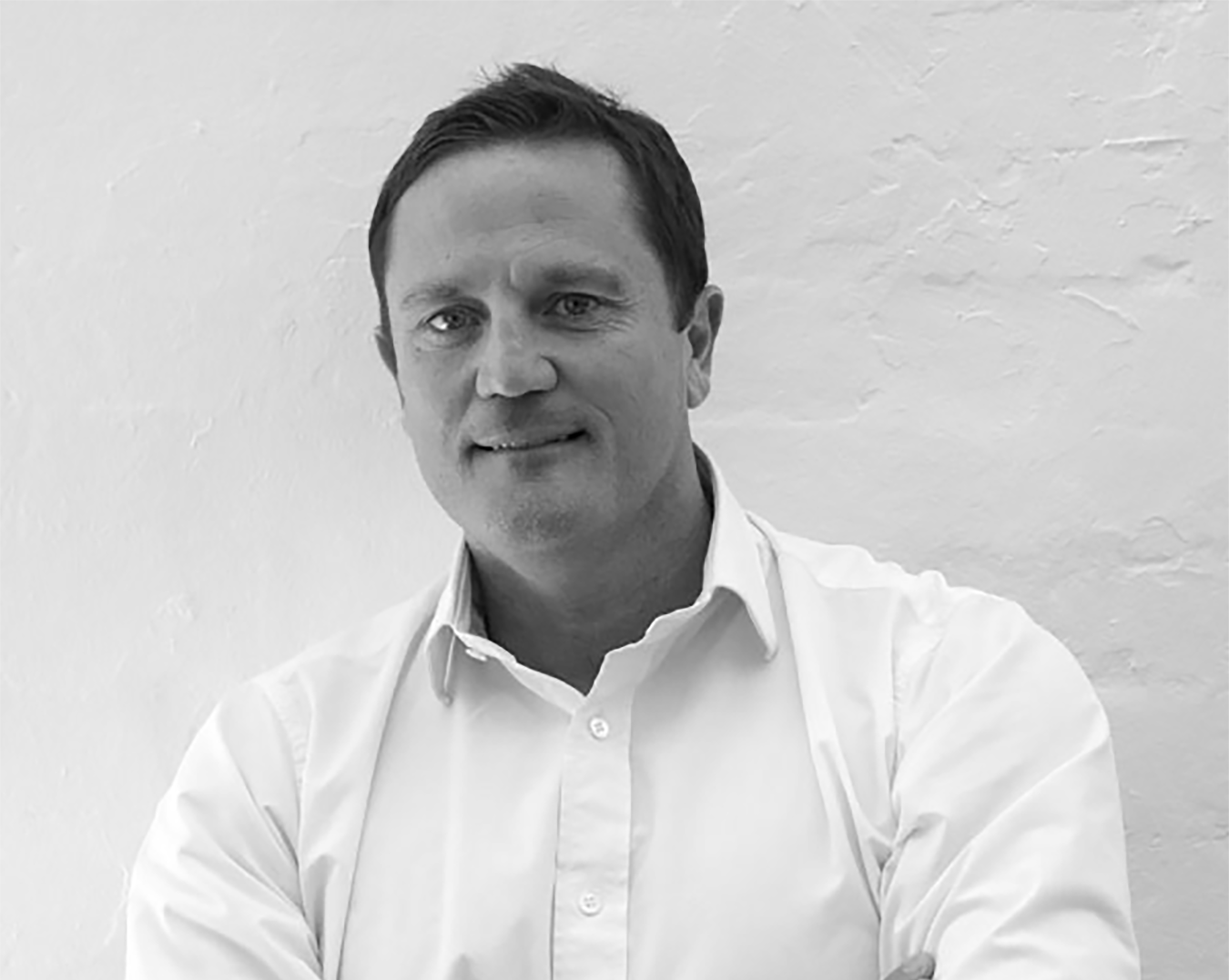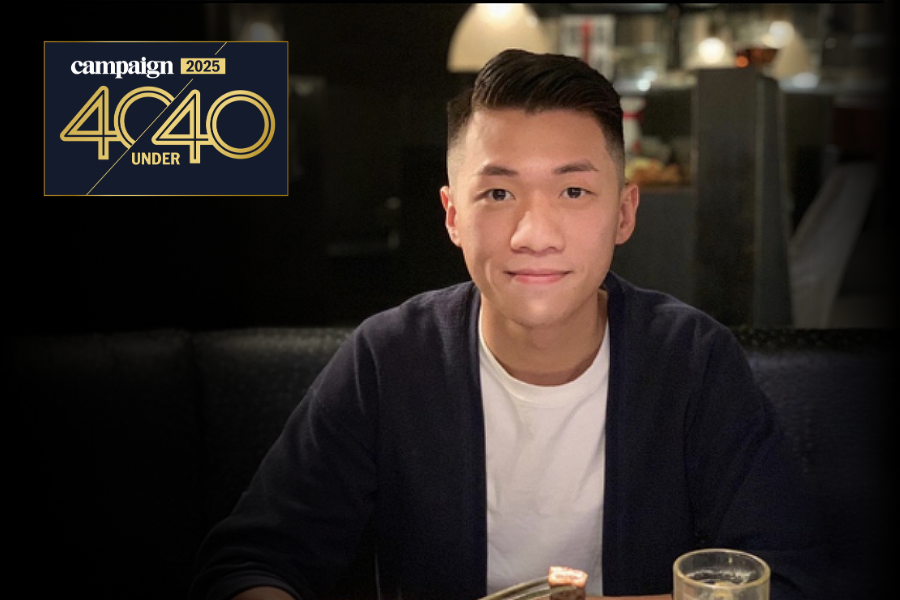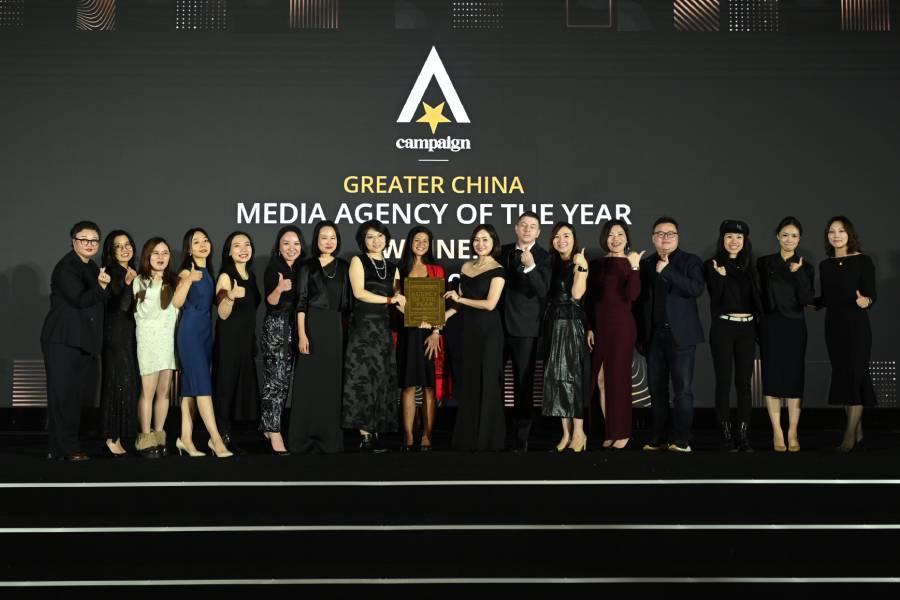Agencies often rely on a strong insight to develop a great creative idea. Such is the case with TBWA’s Job Shadow programme in Hong Kong, where a highly specific insight has led to a promising internal initiative for the benefit of ethnic minorities in the territory.
Meet the insight: Hong Kong is home to a controversial policy that translates to non-Chinese children being given a segregated pathway to higher education. As a result, only 10 percent of this group attend college, and this significantly narrows their job prospects and fuels a cycle of cross-generation poverty. The ethnic minorities being discussed here are largely made up of South Asian youths.
Meet the idea: The Job Shadow, a toolkit prepared by TBWA HK in partnership with International Social Service’s (ISS) HK branch to support ethnic minorities. The agency piloted the programme in August last year. Six high schoolers aged 15 to 17 attended a two-week programme at the agency. Each student was assigned to a mentor that specialises in a discipline, and the participants spent half a week shadowing the day-to-day job of their mentors, including sitting in meetings and participating in any discussions where appropriate. The following week, they were given a mock brief from a client and were tasked to conceptualise an end-to-end campaign.
An aspect that stands out about this programme is TBWA’s commitment to expand its toolkit beyond its agency and even beyond the marcomms industry. The toolkit, which publicly launches today (April 12), will be distributed to agency leaders in Hong Kong.
Jan Cho, managing director at TBWA, tells Campaign Asia-Pacific that the toolkit was intentionally built to be scaled across industries. The idea is that any company can simply pick up the toolkit—which is free of charge—and execute a similar programme for ethnic minorities in Hong Kong.
“I have socialised this idea with a couple of agency heads so far and they are inclined to do it," Cho adds. "The reception so far has been positive."
It’s not uncommon for a CSR programme to encourage ‘assimilation’ of a marginalised community into a larger majority. But what makes Job Shadow special is that it encourages a two-way understanding of communities that doesn’t end with members of a marginalised community being forced to leave their culture at the door.
For example, before the students entered TBWA for the programme, Cho ensured that employees were prepared to receive and welcome them while considering cultural sensitivities. It’s unavoidable that some employees may not have interacted with ethnic minorities, and cultural sensitivity workshops were put in place internally to ensure that the students would acclimatise well during the programme.
Granular details were also considered, such as halal catering, transportation, computer facilities, and working around students’ school schedules. These logistical factors are also included in the final toolkit.
“This programme is to make [students] feel like there's a possibility they could actually work in a setting like this," says Cho. "Not necessarily in a creative agency, but in a setting they wouldn’t have imagined before. It’s different from an internship. There’s no point in sugar-coating it, but often an internship is just about doing work that the seniors don’t want to do. There’s lots of legwork in an internship, but it’s not exactly inspiring.”
At the end of the two-week programme, the students presented a mock pitch to TBWA staff, which Cho describes as a “proud moment”.
“They went through the entire process of ideation, strategy, creative development, and a bit of production as well. They had a great understanding of how each function and department works in the agency. By that point, they were basically an entire media agency,” he says.
Velasco Mark Jacob Melencio, a student who joined the programme, tells Campaign Asia-Pacific that his first experience in a corporate setting was “pretty nice” as he managed to perform tasks he’d never done before, such as research.
“What I found most surprising is how nice everyone is,” says Melencio. “From what I've seen through Korean dramas, colleagues are usually quiet. They’re not very bubbly or they don’t interact that much. It's usually all about work. So to see everyone [at TBWA] talking casually and having a good chat was nice. It has a very good atmosphere, in my opinion.”

Khadija Raoof, a student whose role in the project was drawing and painting, tells Campaign Asia-Pacific that she had such a good time she didn’t want it to end.
“My experience was really good. I'm a really shy person, I don't talk much. But then when I go there, the people there were very good to me,” says Raoof. “I feel like [the creative industry] will be my career and my path [in the future].
Melencio echoes Raoof’s goals: “Before I joined this programme, I did not have an interest in marketing or office work because I initially thought it was just about sitting down and typing. But after I joined, I will be taking [the creative industry] into [consideration].”
Aside from benefiting students, TBWA’s Cho says that the programme has also shifted perceptions among employees.
“I feel that the Hong Kong Chinese demographic can sometimes be too confined to their cultural comfort zones," he says. "This happens in other parts of the world too, to be fair. But here, a majority of people are of Chinese ethnic origin, and the South Asian community can be quite invisible to them. For a creative agency that tasks ourselves to to ‘disruptive’, we have to be comfortable with tackling ‘otherness’."
Click here to view the toolkit.

